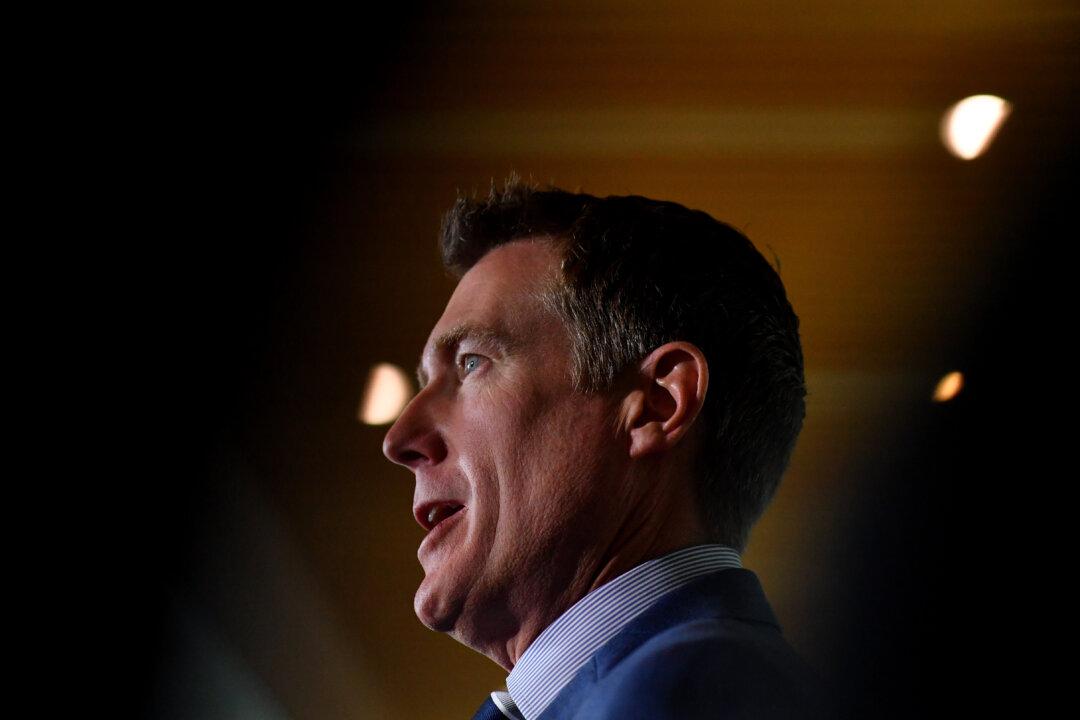Permanent part-time employees could soon be able to negotiate extra hours at their usual rate of pay.
The federal government will put forward their proposed overhaul this week for the industrial relations system which aims to reform five areas of the current legislation.





